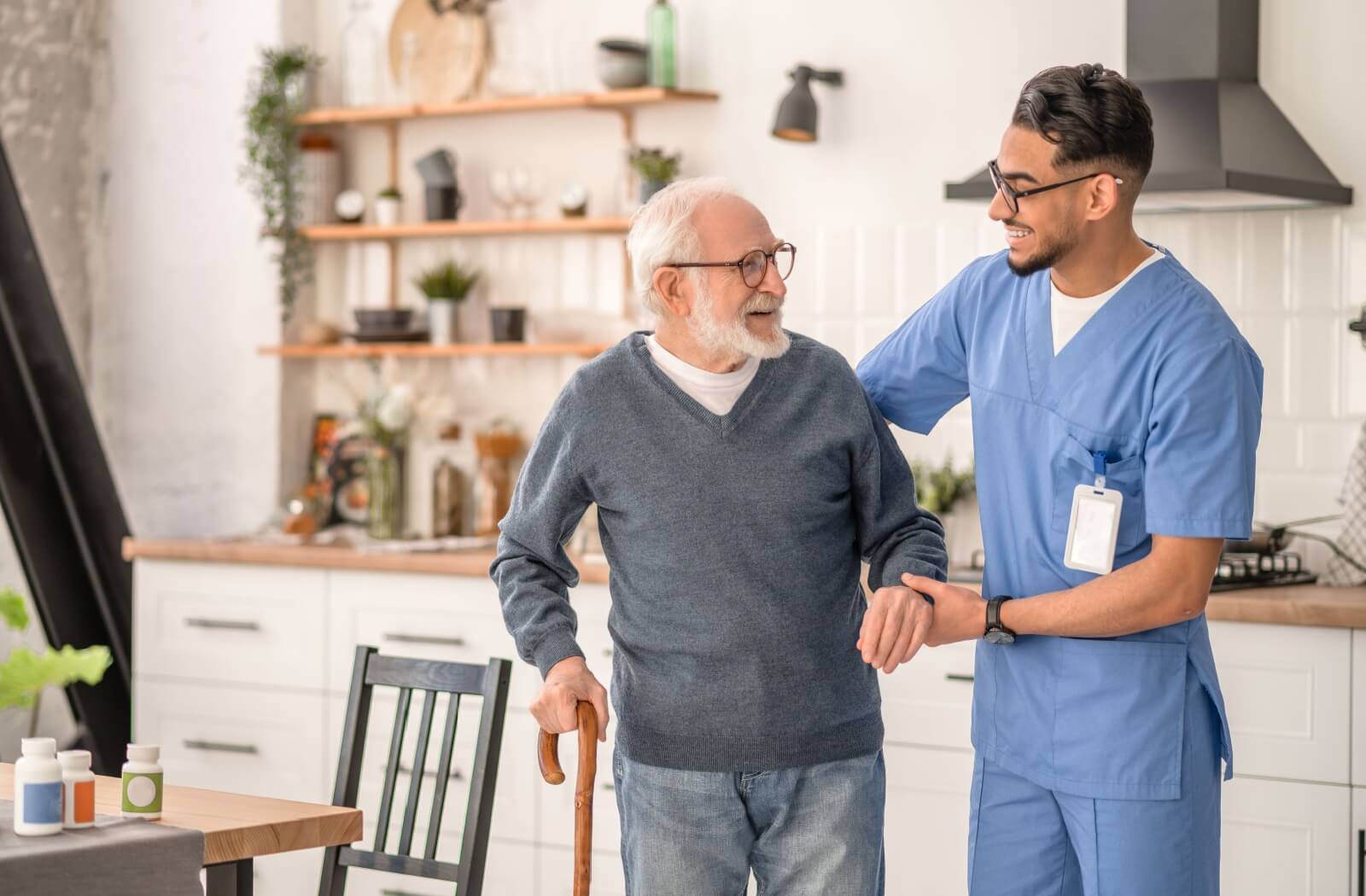Aging can be a wonderful experience filled with new adventures and memories, but it can also pose challenges to seniors trying to manage their independence. The ability to perform activities of daily living, or ADLs, is a key part of independence for seniors. So what are ADLs, and how can caregivers help a senior loved one in need?
The activities of daily living required for senior independence include:
- Personal care and hygiene
- Meal preparation
- Mobility and transferring
- Continence management
- Managing healthcare needs
Personal Care & Hygiene
Personal care and hygiene are cornerstones of everyday life. These tasks are all related to maintaining one’s overall cleanliness, and include activities like:
- Bathing
- Dressing
- Grooming
However, personal care asks can also become more difficult with age. When joint pain, limited mobility, or even cognitive impairments become a factor, some seniors struggle to perform their everyday personal care activities.
To help a senior loved one maintain their personal care, you can introduce adaptive equipment and assistive devices. Look for ergonomic shower chairs or bath benches, long-handled grooming tools, and easy-to-pull clothing options—these are all ideal for seniors and can restore a sense of independence to their everyday lives.
Meal Preparation
Meal preparation is another critical ADL. Preparing and eating nutritious meals is vital for maintaining health and energy levels, but age-related challenges can often make this task more daunting. Limited dexterity, reduced strength, and memory-related problems all impact a senior’s ability to safely work in their kitchen, so try making some small changes such as:
- Organizing kitchen tools and ingredients within easy reach
- Using lightweight cookware and utensils
- Preparing meals in advance or in bulk for easy reheating
- Incorporating gadgets like jar openers and ergonomic knives
A clutter-free and safe environment is key. You can also look into simple recipes designed for seniors—this can help restore a sense of confidence to your loved one and give them independence in the kitchen. These simple changes let your loved one enjoy the pleasure of preparing—and eating—the meals they enjoy.
Mobility and Transferring
Mobility and transferring play an important role in a senior’s ability to stay independent. Activities like getting in and out of bed, moving from one room to another, and sitting or standing up from furniture are key to a safe and supportive lifestyle.
If you’re worried about your loved one’s mobility, try to:
- Install grab bars and handrails in key areas such as the bathroom and along stairways.
- Ensure pathways are clear of obstacles and eliminate any tripping hazards, like loose rugs or clutter.
- Use non-slip mats in areas prone to moisture, such as the bathroom or kitchen.
- Introduce mobility aids like canes, walkers, or wheelchairs when necessary.
- Encourage regular physical activity tailored to their abilities to enhance strength and balance.
With the right strategy, you can help your loved one maintain their independence and make their home safer all at once. This is key to improving their quality of life.

Continence
Continence management is an essential activity, but it often goes overlooked. Certain medical conditions, like cognitive changes and physical limitations, can make it challenging for seniors to manage their bladder and bowel movements. This can lead to accidents, discomfort, and even infection if not addressed properly.
As a caregiver, you can provide support by:
- Helping your loved one stay on top of healthcare visits and appointments
- Adjusting bathroom facilities to be more accessible
- Encouraging proper hydration
Remember to approach this topic with sensitivity and understanding. Your loved one should feel comfortable discussing their needs with you—it’s an important part of strengthening your bond. With appropriate support, continence problems can easily be addressed in a dignified and respectable manner.
Managing Healthcare Needs
Healthcare needs are an essential activity of daily living, and age can often lead to the need for regular healthcare, appointments, checkups, and more. This can be complicated to keep track of, and it’s easy to miss an appointment here and there.
However, with a little organization and support, your loved one can independently manage their healthcare needs. You can help with a few simple changes:
- Set up a convenient medication management system, like pill organizers or timed dispensers with clearly marked compartments
- Use alarm reminders to promote a regular schedule
- Keep an up-to-date medical record
- Coordinate any necessary appointments and accompany your loved one if needed
- Accompany your loved one to important medical appointments to offer support or help with understanding medical instructions.
It’s important to foster an environment where your loved one feels involved and in control of their healthcare. Encourage them to ask questions during appointments and remind them that their input is valuable—this an excellent way to foster a sense of trust and respect while restoring a significant degree of independence.
The Key to Independence
These activities of daily living are all key to independence for seniors. That’s why our team at All American Assisted Living at Raynham is happy to help your loved one however we can—we know what a difference these activities can make. To learn more about how our team can help your loved one, schedule a visit with our community today! We’re here to help you and your family.



